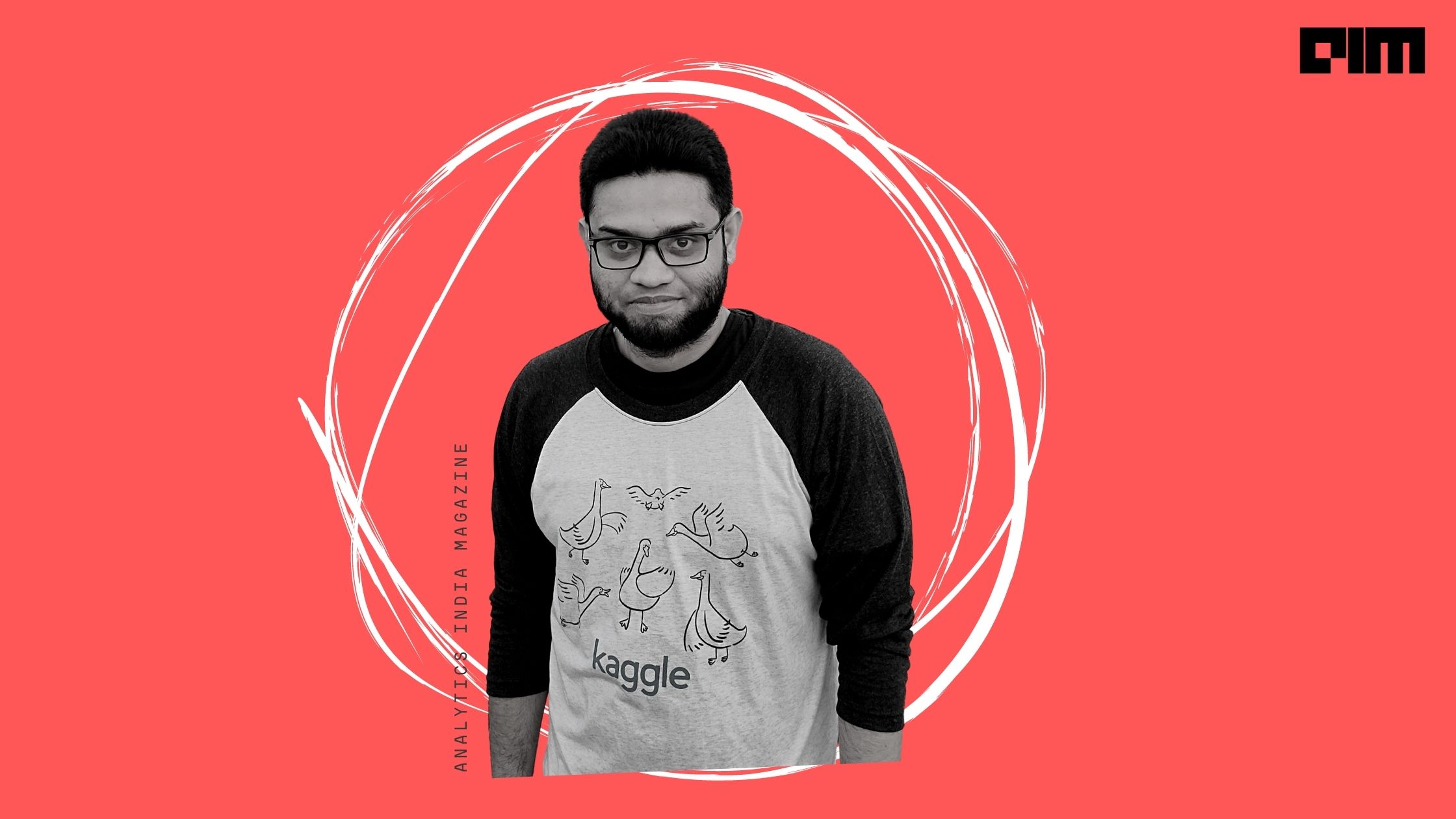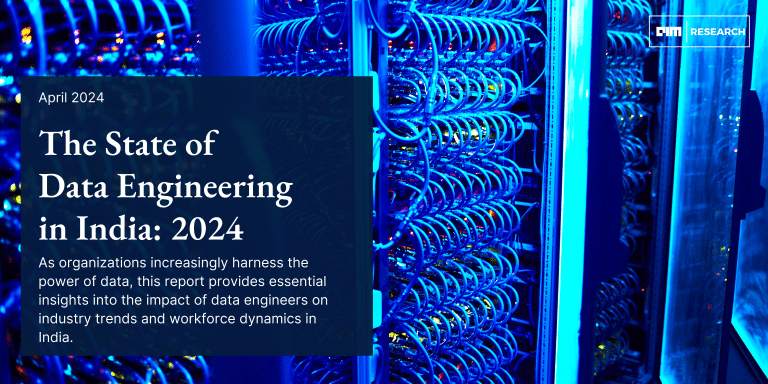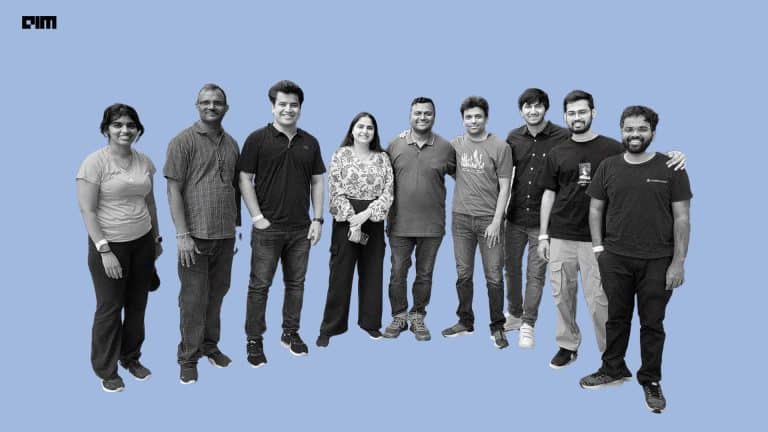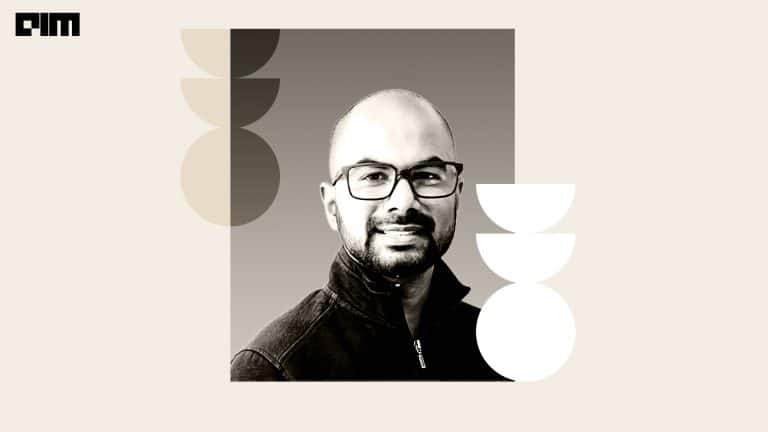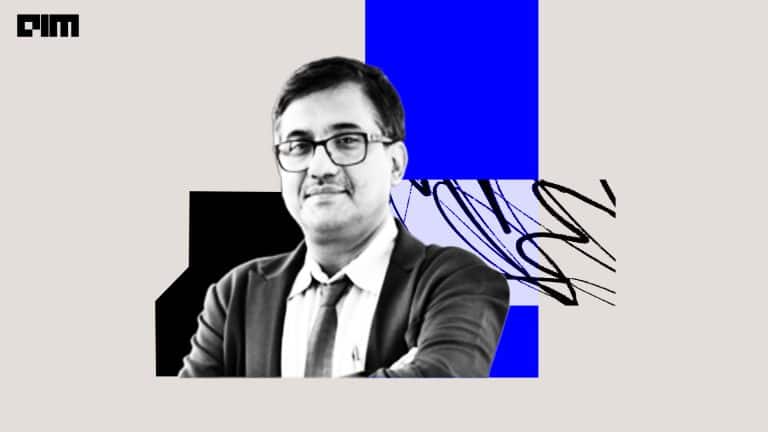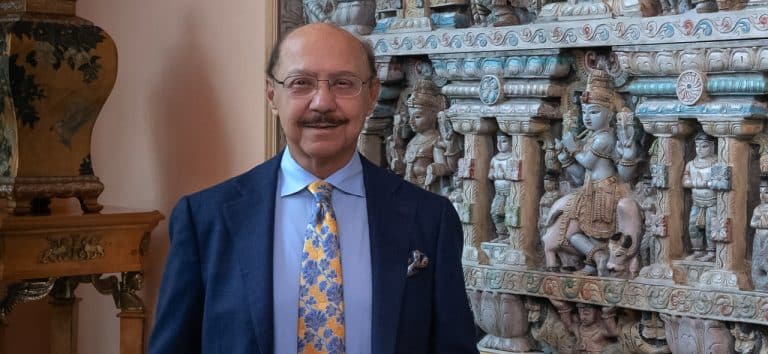Double Kaggle Grandmaster Mobassir Hossen lives and breathes data science. Everything he has achieved, from his days as a software engineering student at Daffodil International University to his work with Bengali.ai – a community working on open-sourced datasets for NLP/CV research – is a testament to his passion. The self-confessed Kaggle addict helps the folks at Bengali.ai with the preparation and assessment of dataset creation protocols, devising modelling schemes for tricky data, and nudging young researchers toward SOTA practices.
Data Analytics Workshop. Register
In an exclusive interview with Analytics India Magazine, Mobassir–a computer vision engineer at Apsis Solutions–spoke about his rollercoaster journey to become a Double Kaggle Grandmaster.
AIM: How did your fascination with algorithms begin?
Mobassir Hossen: I started exploring the world of algorithms the day I realised its applications in building a variety of robust technology solutions that ensures productivity for users while inspiring in them a sense of exhilaration and empowerment. What I love the most is the fact that algorithmic thinking helps you improve your logical thinking skills by allowing you to see problems from a new/different perspective. Code is like poetry. It helps a programmer solve a problem that a non-coder couldn’t solve or didn’t know existed.
AIM: What’s the best and the hardest decision you’ve ever made?
Mobassir Hossen: The best decision I have ever made was to listen to my inner self. It was extremely scary and hard as I had to trust my instincts over anything else. But I’m glad I did. It opened up the world for me, and I got to meet a lot of awesome people in Kaggle. My philosophy is simple, just like the Marc Anthony quote: “If you do what you love, you’ll never work a day in your life.”
AIM: What does your machine learning tool stack look like?
Mobassir Hossen: I occasionally use TensorFlow, especially for NLP related tasks and for unleashing the power of TPU. But as a deep learning researcher, my favourite deep learning framework is PyTorch because of its simplicity and comprehensive documentation and support. It is perfect for research and development.
AIM: What are the things to keep in mind while preparing for your first hackathon?
Mobassir Hossen: I’d honestly say nothing much. Just some basic to intermediate level programming knowledge is sufficient; other skills I acquired along the way. That is the spirit of hackathons. Nobody knows everything beforehand. You need to keep pushing, and good solutions will come to mind. First-principles thinking often helps. I have seen that it’s often not about the skillset but rather the mindset.
AIM: What’s your biggest pet peeve about hackathons?
Mobassir Hossen: The thing I find annoying regarding hackathons is sub-standard datasets and inconsistent protocols. Every once in a while, we come across a competition/hackathon where (after working a while) we realise that there are severe issues in the data or with the test data/evaluation and/or metrics. Some more effort into analysing the datasets and evaluation metrics before launching competitions would help the community work towards meaningful solutions.
AIM: What drew you to Kaggle? How has been your journey so far?
Mobassir Hossen: When I started my ML journey at university, every CS student was busy solving competitive programming problems. But, I found ML interesting. However, I had no one to guide me as people around me lacked even the most basic ML knowledge.
When I told people I love machine learning and want to become a data scientist, everyone had something to say about it. I remember the responses so vividly: “ML is the hottest subject now but what happens after 10 years? Some other technology might replace it? What will you do then?”
“In Bangladesh, only a few companies work on machine learning problems. You most likely won’t get a job with this skill. SO earn web/android framework and solve competitive problems”
“If you don’t have maths/statistics knowledge, then don’t go for machine learning”
“You are not going to get any help as most people don’t have ML skills. Is it worth the risk?”
“You are among the top 50 poor students with poor maths/statistics knowledge, you still want to learn ML? What if you find it difficult after a few months?”
I got extremely frustrated. Nonetheless, I told myself and everyone who doubted me:
• I will learn from zero. I’m ready to spend as much time as it requires.
• I don’t need anyone, the Internet is my friend.
• I don’t care about money or a job. For me, “passion matters”.
I asked myself, why am I depending on other people to take my career decisions? Everyone tried to convince me that nothing is more important than competitive programming and without it, I would be nothing. They were all following the same path. So I decided to only listen to “myself” and that is what I learned from Paulo Coelho’s Alchemist.
Andrew Ng proved ML matters, regardless of where you are from. After picking up the basics, I was like, “Let’s Kaggle now!”
I signed up on Kaggle and found interest in computer vision. But it required me to learn a lot of new things that I didn’t learn in Andrew Ng’s machine learning class. On a positive note, I saw a lot of people from non-coding backgrounds here in Kaggle, achieving amazing feats. I told myself, “you spent 3 years on C programming, finished reading the TEACH YOURSELF C book by Herbert Schildt, and solved a few competitive problems as well. Look at the people around you, a lot of them here came from Physics, BBA and other backgrounds. If they can do it, you should be able to do it better.”
In all honesty, without the support and guidance from the Kaggle community, I wouldn’t be where I am today. I’m extremely thankful.
AIM: What was your first Kaggle competition like?
Mobassir Hossen: My first Kaggle competition was SIIM-ACR Pneumothorax Segmentation and I was absolutely over the moon when I won the bronze medal.
From June 24, 2019 (the first day of the competition) till 2nd/3rd September (just before the stage 2 final submission deadline), our models/solutions failed over and over. We were nowhere near the medal zone. But we worked really hard and guess what? Out of the blue, just before the deadline for final submission, I improved the accuracy and made it to the top of the leaderboard. No matter how bad a situation might seem, don’t give up. You need to wait it out even if you are desperate and work your way to success.
AIM: How did it feel when you became a Kaggle Grandmaster?
Mobassir Hossen: I still remember the date, 8/2/2020, when I became a Kaggle Notebooks Grandmaster and the first-ever Bangladeshi Kaggle Notebooks Grandmaster and then on 3/24/2021, I repeated the feat and became the first-ever Double Kaggle Grandmaster of Bangladesh.
No words can describe how happy and grateful I was when I achieved the Kaggle Grandmaster Tier. Two quotes from the Quran popped up in my head back then: “Indeed what is to come will be better for you than what has gone by. Verily your Lord will soon give you so amply that you will be well-pleased.” – Quran (93: 4 and 93: 5)
AIM: Tips to ace Kaggle?
Mobassir Hossen: My advice for Kaggle aspirants are as follows:
• Don’t focus heavily on MOOC or books, rather spend more and more time on hands-on work and keep yourself up to date with the latest research.
• Don’t waste a lot of time on hyperparameters tuning and spend more time on implementing new ideas based on extensive EDA and the latest literature.
• Learn to design a strong validation strategy (read and analyse solutions of top Kagglers from Kaggle discussion forums).
• Remember time is a valuable resource. Save your time by experimenting with a single fold, small models and small image sizes or using a subset of the data for a few epochs so that you can iterate your ideas faster and see which ideas are working. Then, train large models.
• Collaborate.


